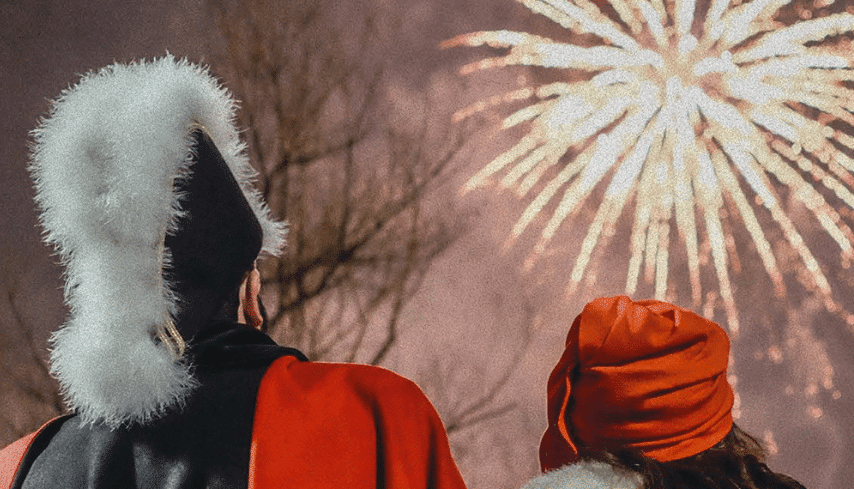
ARCA is headquartered in the United States but has offices around the world. We have a large presence in Italy in the towns of Ivrea, Bollengo and Bergamo. In Ivrea, one of the most unique events in the world has been taking place for over 200 years, the Historical Carnival of Ivrea. It’s a local mixture of rich tradition, celebration and the largest Battle of the Oranges in the world.
The spirit of Carnival lives through the re-enactment of Eporedia’s (Ivrea’s) liberation from tyranny dating back to Medieval times: a baron who starved the city was driven away thanks to the miller’s daughter, Violetta, who rebelled against the JUS PRIMAE NOCTIS, a law imposed by the tyrant demanding first night rights with all new brides. Violetta refused to abide by this law, beheaded the baron and incited the people to revolt. Today Violetta is the heroine of the Carnival, applauded and acclaimed during the entire event!
The famous Battle of the Oranges is the highlight and main attraction of the Historical Carnival of Ivrea, and we are often considered crazy because we love to throw oranges at each other even though there is a great possibility of getting a black eye in the bargain.
In this spectacular Battle of the Oranges, the people on foot represent the population in open revolt and pummel oranges at the feudal lord’s army, symbolised by orange throwers on horse-drawn carts wearing protective masks reminiscent of ancient armour. Each year, this show attracts thousands of visitors on both a national and international scale, who descend on Ivrea to watch the merry-making.
The “Berretto Frigio”, a red stocking-like hat, must be worn by townspeople and visitors alike to gain “immunity” from orange pelting and is the true symbol of the carnival itself. According to tradition, the “Berretto Frigio” should be worn from Shrove Tuesday at 2.30 p.m. as ordered by the General, who has symbolically taken over the reins of the city and dons the Mayor’s sash.
The excitement level starts to rise considerably once the team flags are hung in the various districts of Ivrea. My grandmother recounted that in her heyday, the orange throwers would train by throwing stones into the Dora (our beloved river).
Two Sundays before the start of festivities, various historical groups participating in the carnival begin organising dinners and banquets in addition to the official events related to the carnival: among the most typical and beloved peasant fare are the “Fat Beans” (Fagioli Grassi) which represent the food handed out to the poor in times of famine. Hundreds of kilos of beans are cooked together with juicy sausages, pigs feet and pigskin to be served at night or even as an early breakfast on Sunday morning.
Some women of the orange throwing teams prefer to participate in other ways … competing to prepare the best mulled wine (vin brulé) and sandwiches to be distributed during the day to sustain the battle-weary orange throwers.
In the course of its 200-year history, the Carnival has been cancelled only once – in 1960 to mark the death of Adriano Olivetti.
In Ivrea, the Carnival is alive 365 days a year. Once a week, the headquarters of each orange team is open and accessible to whoever wants to spend a fun evening with old friends. This is an ancient tradition, inextricably linked to the land and people.
Here in ARCA, we respect the territory and strongly believe in upholding traditions; we are extremely proud to be a Partner of the Historic Carnival of Ivrea.
And as we say during Carnival … long live the Carnival, long live the revelers … hurrah hurrah!!!

